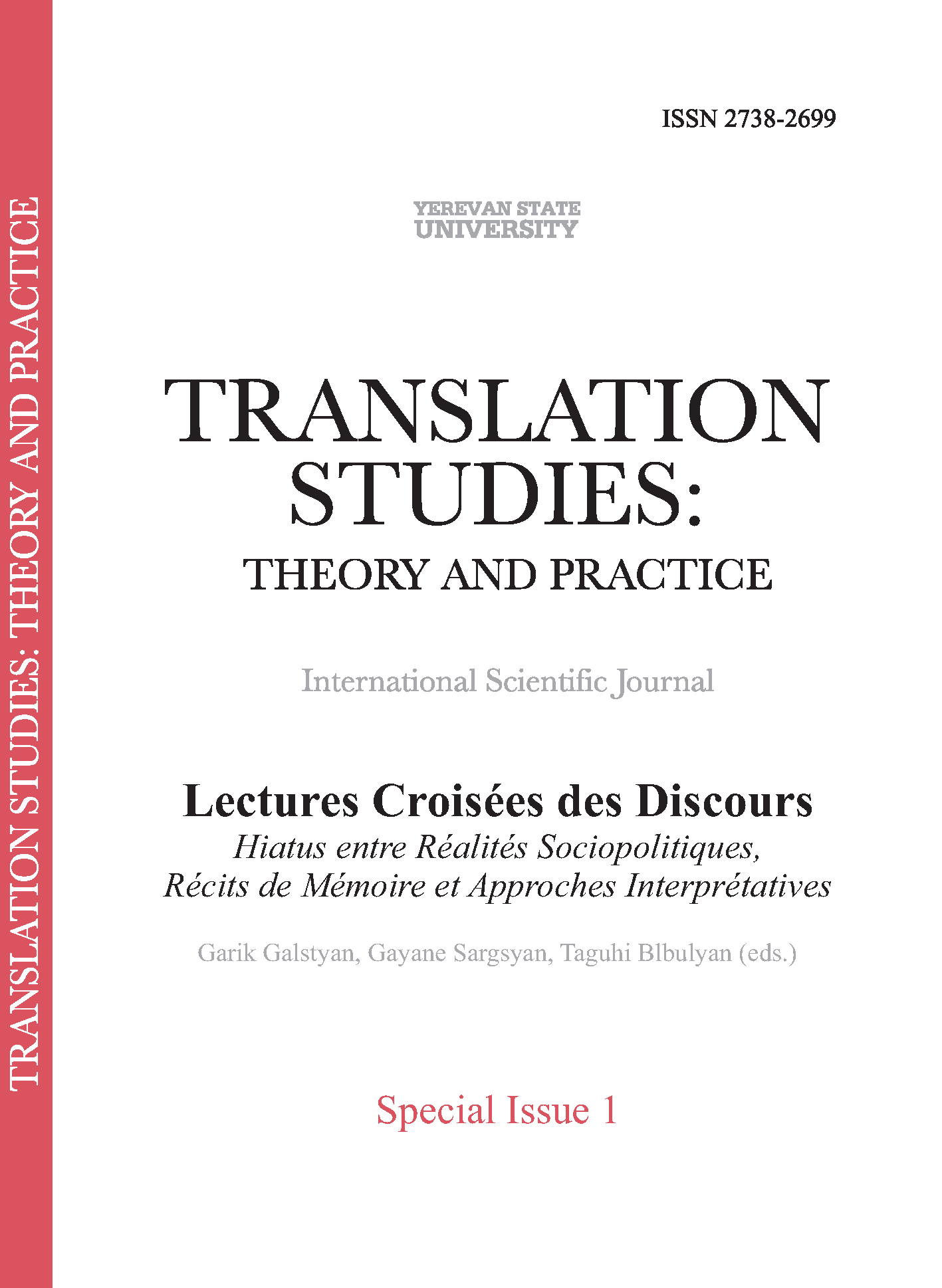Colonial Discourse in Deposited Germany of Its Colonies: Claims for the Recovery of Lost Colonies in the Weimar Republic
DOI:
https://doi.org/10.46991/TSTP/2023.SI.1.093Keywords:
Allemagne, République de Weimar, colonialisme sans colonies, Heinrich Schnee, Franz Ritter von Epp, Martin HoffmannAbstract
The Treaty of Versailles in 1919 stipulated that the German overseas colonies should be placed under the mandate of the League of Nations, which would hand them over to other colonial powers for administration. Not only did Germany feel humiliated by this paragraph of the peace treaty, but it also felt that this measure was only temporary and was to maintain an administrative system as if it still had colonies. To this end, numerous texts were published in which the return of the colonies was demanded. For example, Franz Ritter von Epp emphasized the absolute necessity of having colonies for the economy of Nazi Germany. The former colonial official, Heinrich Schnee, in his text “Does Germany Need Colonies?” demands the return of the former German overseas territories after having first discussed all the positive aspects of colonization such as building schools, hospitals, and the necessity of having colonies for German foreign trade and for solving demographic problems. The colonial discourse of the communist Martin Hoffmann is diametrically opposed to that of Heinrich Schnee and Franz Ritter von Epp. He condemns the acquisition of colonies, the exploitation of their inhabitants and raw materials, and shows that owning colonies is not necessary for the economic prosperity of the motherland.
References
Aly, Götz, Das Prachtboot. Wie Deutsche die Kunstschätze der Südsee raubten, S. Fischer, Frankfurt Main, 2021.
Baer, Martin et Schröter, Olaf, Eine Kopfjagd. Deutsche in Ostafrika, Christoph Links Verlag, Berlin, 2001, p. 93-102.
Bundesstiftung Aufarbeitung, « Martin Hoffmann ». URL: https://www.bundessti-ftung-aufarbeitung.de/de/recherche/kataloge-datenbanken/biographische-datenbanken/martin-hoffmann (consulté le 12/09/2022).
Bundeszentrale für politische Bildung, « Bevölkerungsentwicklung ». URL : https://www.bpb.de/system/files/dokument_pdf/01%20Bevoelkerungsentwicklung.pdf, (consulté le 29/09/2022).
Bösch, Frank, « Die Macht des Skandals », Das Parlament, 06/01/2020, n° 1-2, p. 4.
Hoffmann, Martin, Keine Kolonien. Eine Kampfschrift gegen den neuen, deutschen Imperialismus, Verlag Hans Schumann, Windischleuba, 1917.
Le traité de Versailles, p. 75. URL : https://www.herodote.net/Textes/tVersailles19-19.pdf.
Lichtenstaedter, Siegfried, Kultur und Humanität: völkerpsychologische und politische Untersuchungen, Stahel Verlag, Würzburg, 1897.
Linne, Karsten, Deutschland jenseits des Äquators? Die NS-Kolonialpolitik für Afrika, Christoph Links Verlag, Berlin, 2008.
Linne, Karsten, « Rendsburg: Zwischen Afrika-Träumereien und „Osteinsatz“ – Die Koloniale Frauenschule », in Van der Heyden, Ulrich, Zeller, Joachim (dir.), Kolonialismus hierzulande – Eine Spurensuche in Deutschland, Sutton Verlag, Erfurt, 2007, p. 131-136.
« « Quatorze points » du président Wilson », le 14 septembre 2014. URL : https://orientxxi.info/documents/glossaire/quatorze-points-du-president-wilson,0681 (consulté le 10/09/2022).
Ritter von Epp, Franz, « Die wirtschaftliche Bedeutung der Kolonien », Zeitschrift für Politik, vol. 29, n° 1-2, 1939, p. 28-38.
Schnee, Heinrich, Braucht Deutschland Kolonien? Quelle und Meyer Verlag, Leipzig, 1921.
Schnee, Heinrich, Die koloniale Schuldlüge, Sachers und Kuschel, Berlin, 1924.
Downloads
Published
How to Cite
Issue
Section
License
Copyright (c) 2023 Alfred Strasser

This work is licensed under a Creative Commons Attribution-NonCommercial 4.0 International License.










